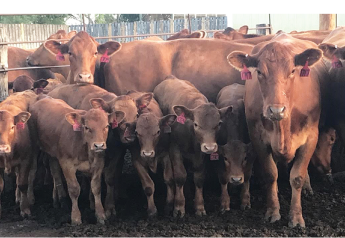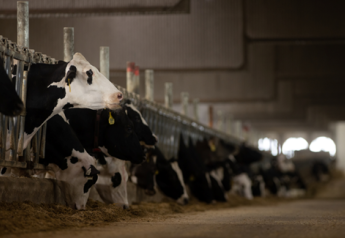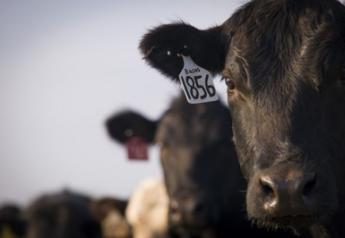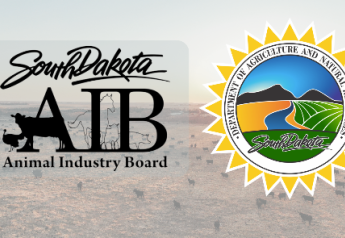Bayer Introduces First-of-Its-Kind Immunostimulant to Treat BRD

Bayer HealthCare LLC Animal Health introduces DNA Immunostimulant Zelnate, a new innovation for the cattle industry that aids in the treatment of bovine respiratory disease (BRD) due to Mannheimia haemolytica. Developed in alignment with Bayer’s pursuit of ‘Science for a Better Life,’ Zelnate is the first immunostimulant that effectively reduces mortality and lung lesions by enhancing the animal’s own immune system to help fight this infectious disease, potentially reducing the need for antibiotics.
“The economic impact of BRD is about $1 billion a year in the United States alone.1 High stress factors such as weaning, shipping, commingling or adverse environmental conditions can impair the immune system, making cattle more susceptible to illness,” said Jim Sears, DVM, senior technical services veterinarian at Bayer. “An animal with a strong immune system will be better able to withstand infections, potentially reducing the need for therapeutics in disease treatment and prevention settings.”
Due to expertise and a long-time commitment to treating BRD, Bayer formulated Zelnate with a unique composition that rapidly triggers the animal’s innate immune system, preparing it to better fight infection when challenged by Mannheimia haemolytica. Zelnate is not an antibiotic nor is it a vaccine. Antibiotics are used for treatment by selectively targeting specific bacterial pathogens. Vaccines are used for preventing disease by triggering a specific immune response only to those pathogens included in the vaccine. DNA Immunostimulants are a new way to fight BRD by jumpstarting the innate immune system and enhancing the body’s own ability to respond quickly and effectively.
Zelnate has been shown to counter the multi-factorial complex known as BRD associated with Mannheimia haemolytica for cattle four months of age or older, when administered at the time of, or within 24 hours after, a perceived stressful event.2 In a clinical study, Zelnate significantly reduced mortality and lung lesions in comparison to cattle that did not receive it.
“With the growing pressure on the cattle industry to continue providing a healthy and abundant food supply, there is a strong need for innovations like Zelnate that can help keep animals healthy and productive,” Sears said. “Zelnate provides a new non-antibiotic option that producers can use to complement current approaches for treating BRD.”
Source: Bayer HealthCare
1 Horwood, P.F., Schibrowski, M.L., Fowler, E.V., Gibson, J.S., Barnes, T.S., Mahony, T.J., 2014. Is Mycoplasma bovis a missing component of the bovine respiratory disease complex in Australia? Aust. Vet. J. 92 (6), 185-191.
2 Data on file







